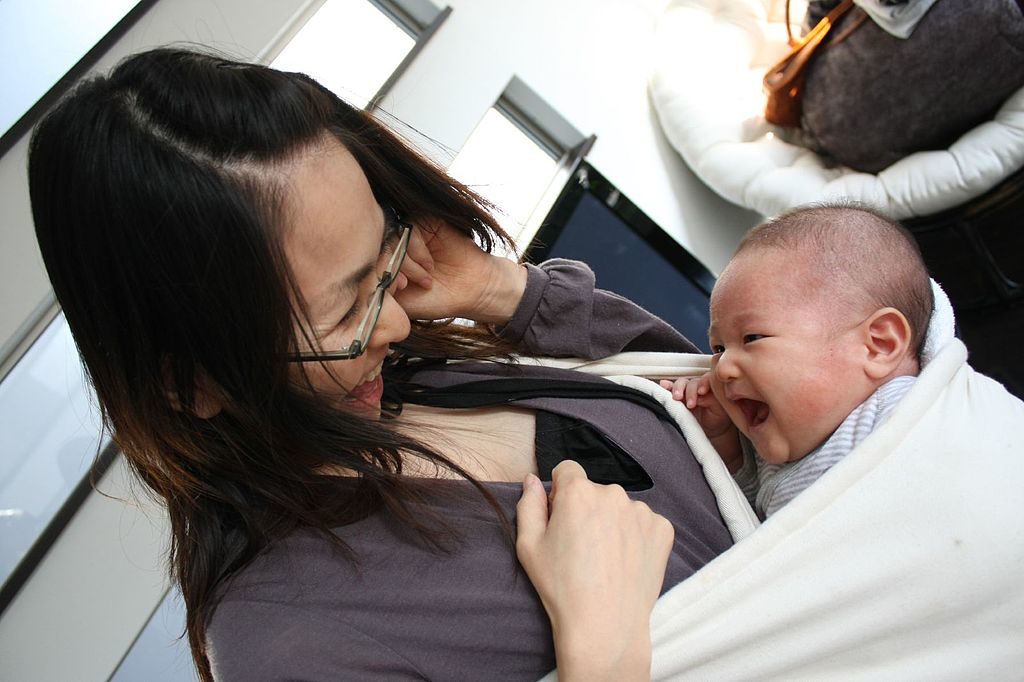An infant’s experiences in their first year of life is known to affect their personalities and well-being in later years. Ideally, parents should get the chance to bond with their child, learn about their needs, and give them stable support during this time. In turn, these kinds of connections lead to positive developments in the child, like the ability to manage emotions and have empathy.
Currently, the U.S. is the only country in the Organization for Economic Cooperation and Development (OECD) which doesn’t provide paid leave for mothers. And only about half of working moms—which make up 70% of American mothers—get covered under the Family Leave and Medical Act (FMLA). Single and/or low-income mothers are even less likely to be covered. What’s more, the act only applies to unpaid leave; there are no policies in place to provide paid leave to American moms. This causes many women to go back to work within weeks of their child’s birth.
In a study funded by The Foundation for Child Development, researchers looked for links between length of maternity leave, the quality of mother-child interactions, and the type of attachment children have with their mothers. They used data gathered by the Early Childhood Longitudinal Study, which tracked about 10,700 American children from birth (in the year 2001) to kindergarten. For this study, they focused on the 3,850 children with working moms.
To measure mother-child interactions when the children were 9 months old, researchers used a trusted test called the Nursing Child Assessment Teaching Scale. This test asks the mother to teach her child a task that is slightly too difficult for the child. Trained observers watched closely to mark off certain behaviors, like whether they were face-to-face or if the child paid attention. The observers came up with scores for the test based on 73 different behaviors. The scores aren’t based on whether the child completed the task, but how well they interacted with their mother.
Researchers followed up when the children were 2 years old and used a test called the Toddler Attachment Sort-45 to measure their attachment to their mothers. They observed behaviors like whether children became upset when their mom left the room, or if they hugged their mom without being asked. If the child had attachment security, it meant they were secure in their mothers as a stable support system—they didn’t feel the need to be attention-seeking at all times. If they had attachment dependency, it meant they were clingy and became stressed out when separated from their parent.
Researchers organized scores from the children from both points in time. They then used a series of equations to test how much length of maternity leave affected mother-child interactions. They found that length of maternity leave had a direct negative effect on interactions. Second, they measured how much the interactions affected attachment levels. Higher levels of interactions led to secure attachments, while lower levels led to dependency. Based on these findings, researchers concluded that length of maternity leave indirectly affected attachment by affecting mother-child interactions. The results were even stronger when they did an analysis that only accounted for working-class moms.
These are major findings because the quality of mother-child interactions often stay stable throughout most of childhood. This type of contact and social connection has been shown to not only affect attachment, but also levels of empathy and success in school. If a mother can spend more time with her child after birth, she’ll be able to get to know them better, understand their needs, and form a more secure attachment.
Researchers feel these findings should impact U.S. policy on maternity leave: policy should support the needs of infants and their working mothers. They recommend extending FMLA to cover more workers for unpaid leave, or even putting a universal policy into place for paid leave so that moms don’t have to stress about money. After all, secure attachments and quality connections are a universal need for children. As more moms have to juggle the responsibilities of work and kids, a better parental leave policy would ensure infants get the attention and care they deserve during the most critical time in their development.
Article Information
Edited By: Erica Curles
Publication Date: January 16, 2018
Paper Author(s): Raquel Plotka and Nancy A. Busch-Rossnagel
Paper Institution(s): The Foundation for Child Development
Featured Image Source: iandeth [CC BY 2.0], via Wikimedia Commons


